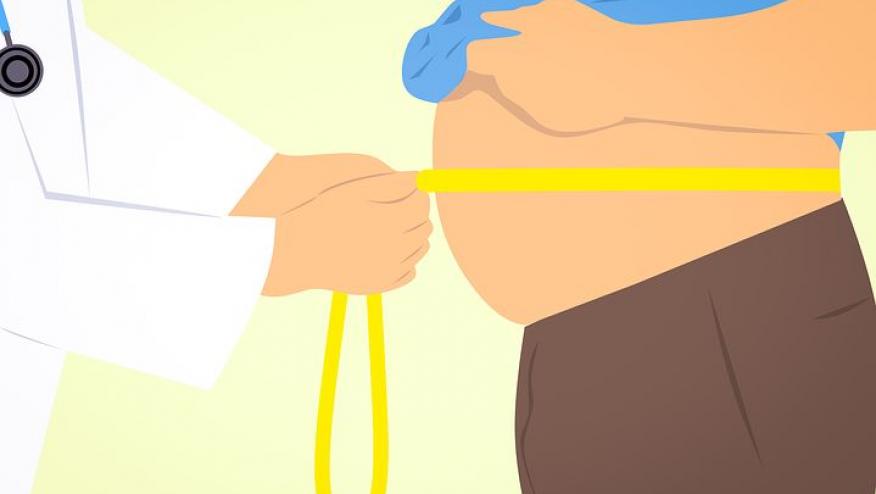Weight Loss from Anti-Obesity Medications Prevents Gout Save

A population based study looked at the effect of the weight loss drug, Orlistat, in obese individuals. Compared to those untreated, orlistat over 1 year was associated with significant weight loss and significantly lower risks of incident gout and recurrent gout flares among overweight or obese people.
Data from the the Health Improvement Network (THIN), included adults who were overweight or obese, starting anti-obesity medication. They assessed the first year treatment on incident gout and recurrent gout flares during a 5 year follow-up period.
A total of 131,000 adults (without gout) started orlistat -- the 5-year risk of incident gout and hazard ratios (correlated with weight loss):
- 1.6% for those with (no) weight gain or stability (HR referrent)
- 1.5%, with slow (2%–5%) weight loss (HR 0.91 (95% confidence interval [CI] 0.81–1.01)
- 1.3%, with moderate (5%–10%) weight loss (HR 0.82 (95% CI 0.72–0.92)
- 1.2% with fast (≥10%) (HR 0.73 (95% CI 0.62–0.86)
- Recurrent gout flares (were also reducted with orlistat.
A lower risk of incident gout and recurrent gout flares was seen among overweight or obese people taking orlistat. Is this from weight loss or the drug, orlistat (AKA Xenical or Alli) that acts by inhibiting gastric and pancreatic lipases in the gut and impeding the absorption of free fatty acids.











If you are a health practitioner, you may Login/Register to comment.
Due to the nature of these comment forums, only health practitioners are allowed to comment at this time.